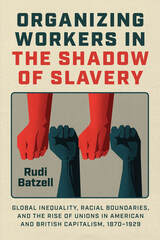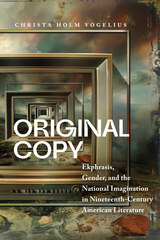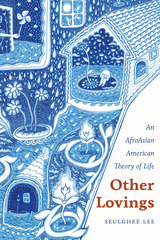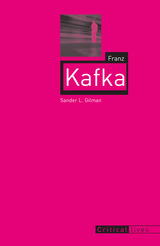
Gilman focuses on the relationship between Kafka's life and work, reconstructing both Kafka's cultural environment and the writer's conceptual understanding of his own body. Kafka's letters, diaries, and writings emerge in Gilman's analysis as windows into his ongoing attempt to create an identity in a world where being a Central European Jew dictated an uneasy fate. The volume emphasizes in particular the image and role of the Jew in Kafka's modern world and how Kafka responded to prevailing attitudes, repressive actions, and stereotypes in society at large. Gilman also examines the influence of psychoanalytic ideas on Kafka and his works, exploring how Kafka wove such psychoanalytic experiences into his literature. Gilman concludes with consideration of the "Kafka-myth" and the wealth of material emerging from it over the past eighty years, including work by such illustrious minds as Walter Benjamin and Ted Hughes.
Franz Kafka features illuminating archival photographs and illustrations as well as a comprehensive bibliography and filmography of work by and about Kafka. This succinct yet penetrating volume offers valuable and original insight into how Kafka's life and work shaped how we perceive our modern society and how, indeed, some aspect of the world is always "Kafkaesque."
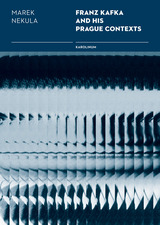
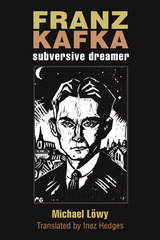
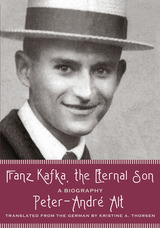
Franz Kafka remains one of the most influential writers of the twentieth century. His novels, stories, and letters are still regarded today as the epitome of the dark, fascinating, and uncanny, a model of the modernist aesthetic. Peter-André Alt’s landmark biography, Franz Kafka, the Eternal Son, recounts and explores Kafka’s life and literary work throughout the cultural and political upheavals of central Europe.
Alt’s biography explores Franz Kafka’s own view of life and writing as a unity that shaped his identity. He locates links and echoes among the author’s work, life, and surroundings, situating him within the traditions of Prague's German literature, modernity, psychoanalysis, and philosophy as well as within its Jewish culture, arts, theater, and intellectual tradition.
In this biographical tour de force, Kafka emerges as an observant flaneur and wistful loner, an anxious ascetic, an ecstatic and skeptic, a specialist in terror, and a master of irony. Alt masterfully illuminates Kafka's life not as source material but as a mirror of his literary genius. Readers begin to see Kafka’s unforgettable novels and stories as shards reflecting the life of their creator.
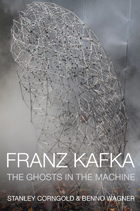
Corngold and Wagner frame Kafka’s writings as cultural events, each work reflecting the economic and cultural discourses of his epoch. In pursuing Kafka’s avowed interest in the theory and practice of insurance, the authors view the two systems of his literary worlds—the official and the personal—as a “bundling” together of the various cultural accidents of Kafka’s time. The work of two of the leading scholars of the single most influential writer of literary modernity, Franz Kafka: The Ghosts in the Machine constitutes a breathtakingly original advance in the study of both the more famous and less well-known works of this enigmatic master.
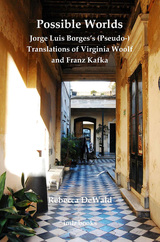
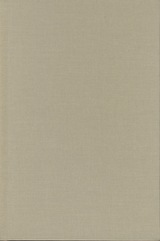
READERS
Browse our collection.
PUBLISHERS
See BiblioVault's publisher services.
STUDENT SERVICES
Files for college accessibility offices.
UChicago Accessibility Resources
home | accessibility | search | about | contact us
BiblioVault ® 2001 - 2025
The University of Chicago Press


